The Wound Dresser
When Walt Whitman learned that his young brother George was among the wounded in a Civil War battle near Fredericksburg, Virginia, he rushed from his home in Brooklyn to the Washington area to search for him.
After finding George ‘alive and well’ at a Union camp, Whitman accompanied wounded soldiers back to Washington, where he found work in the city’s burgeoning military hospitals.
Whitman discovered he had a talent for easing their suffering.
He’d bring them little things — crackers, tea, handkerchiefs — write letters for them, and tend to their wounds.
Whitman described this work in his poem, “The Wound Dresser.”1
An old man bending I come among new faces,
Years looking backward resuming in answer to children,
Come tell us old man,
Of those armies so rapid so wondrous what saw you to tell us?
What stays with you latest and deepest? of curious panics,
Of hard-fought engagements or sieges tremendous what deepest remains?
[I]n silence, in dreams’ projections,
While the world of gain and appearance and mirth goes on,
So soon what is over forgotten, and waves wash the imprints off the sand,
With hinged knees returning I enter the doors,
Bearing the bandages, water and sponge,
Straight and swift to my wounded I go,
Where they lie on the ground after the battle brought in,
Where their priceless blood reddens the grass the ground,
Or to the rows of the hospital tent, or under the roof’d hospital,
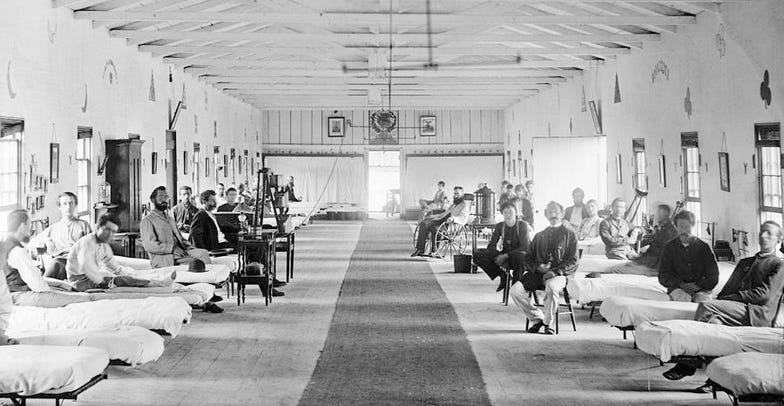
To the long rows of cots up and down each side I return,
To each and all one after another I draw near, not one do I miss,
An attendant follows holding a tray, he carries a refuse pail,
Soon to be fill’d with clotted rags and blood, emptied, and fill’d again.
I onward go, I stop,
With hinged knees and steady hand to dress wounds,
I am firm with each, the pangs are sharp yet unavoidable,
One turns to me his appealing eyes–poor boy! I never knew you,
Yet I think I could not refuse this moment to die for you, if that
would save you.
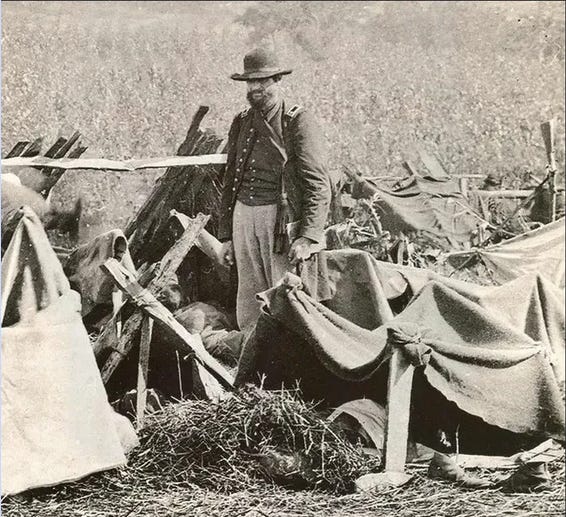
On, on I go…
The crush’d head I dress…
The neck of the cavalry-man with the bullet through and through examine,
Hard the breathing rattles, quite glazed already the eye, yet life
struggles hard…
From the stump of the arm, the amputated hand,
I undo the clotted lint, remove the slough, wash off the matter and blood,
Back on his pillow the soldier bends with curv’d neck and side falling head,
His eyes are closed, his face is pale, he dares not look on the
bloody stump…
I dress a wound in the side, deep, deep,
But a day or two more, for see the frame all wasted and sinking,
And the yellow-blue countenance see.
I dress the perforated shoulder, the foot with the bullet-wound,
Cleanse the one with a gnawing and putrid gangrene, so sickening,
so offensive,
While the attendant stands behind aside me holding the tray and pail.
I am faithful, I do not give out,
The fractur’d thigh, the knee, the wound in the abdomen,
These and more I dress with impassive hand, (yet deep in my breast
a fire, a burning flame.)
Thus in silence in dreams’ projections,
Returning, resuming, I thread my way through the hospitals,
The hurt and wounded I pacify with soothing hand,
I sit by the restless all the dark night, some are so young,
Some suffer so much, I recall the experience sweet and sad…
*******************************
I’ll see you tomorrow.
— Brenda
Only portions of the poem are included here. It was included in Whitman’s anthology, “Drum Taps,” published in 1865.





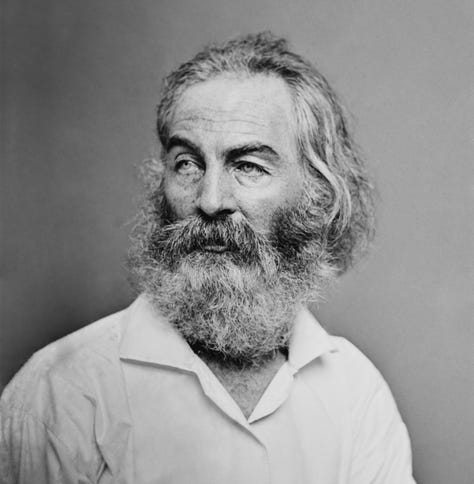

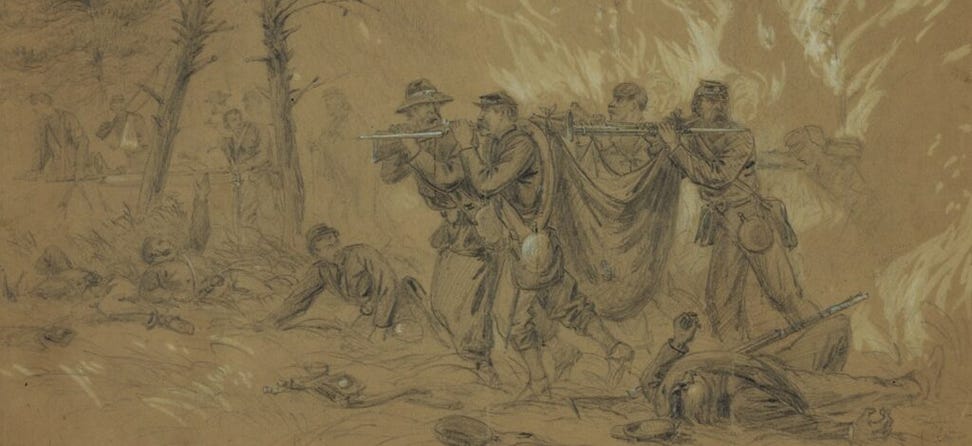
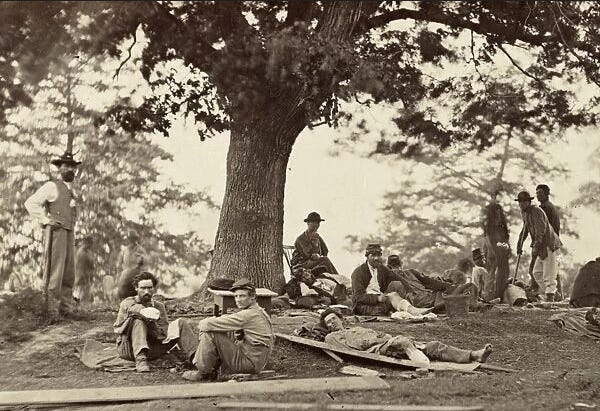



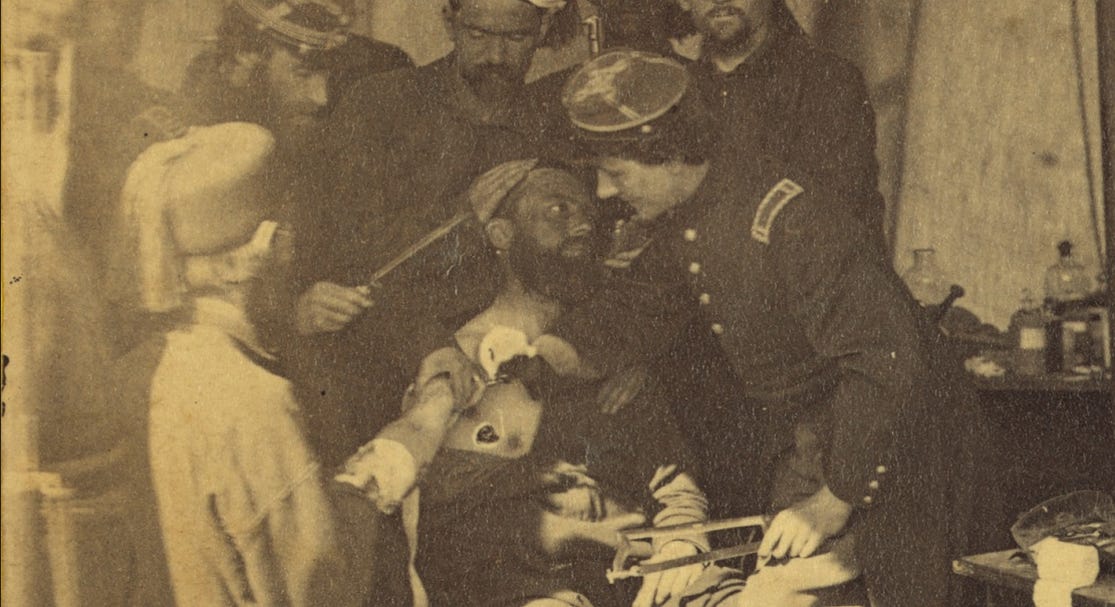
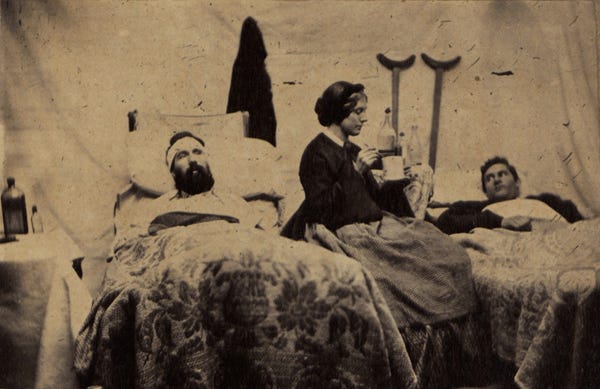
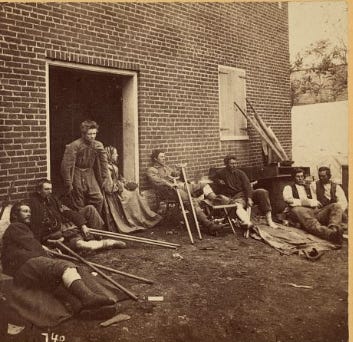
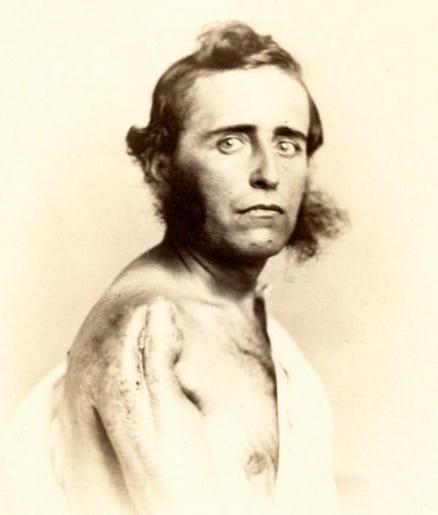




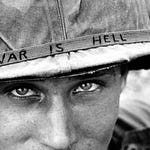
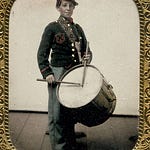
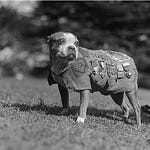
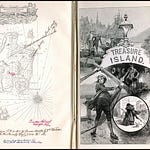
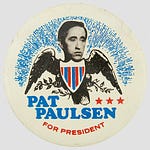
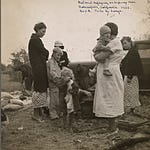
Photo of the Day